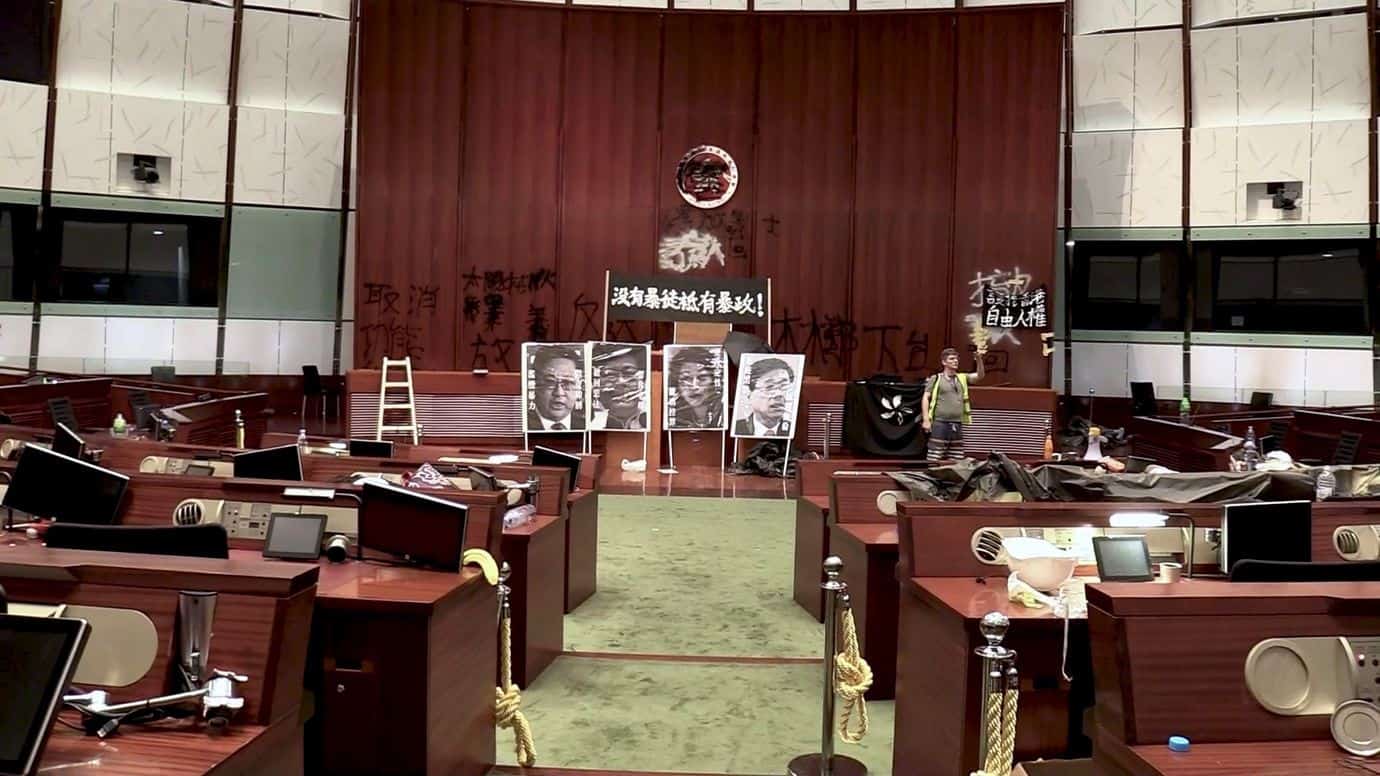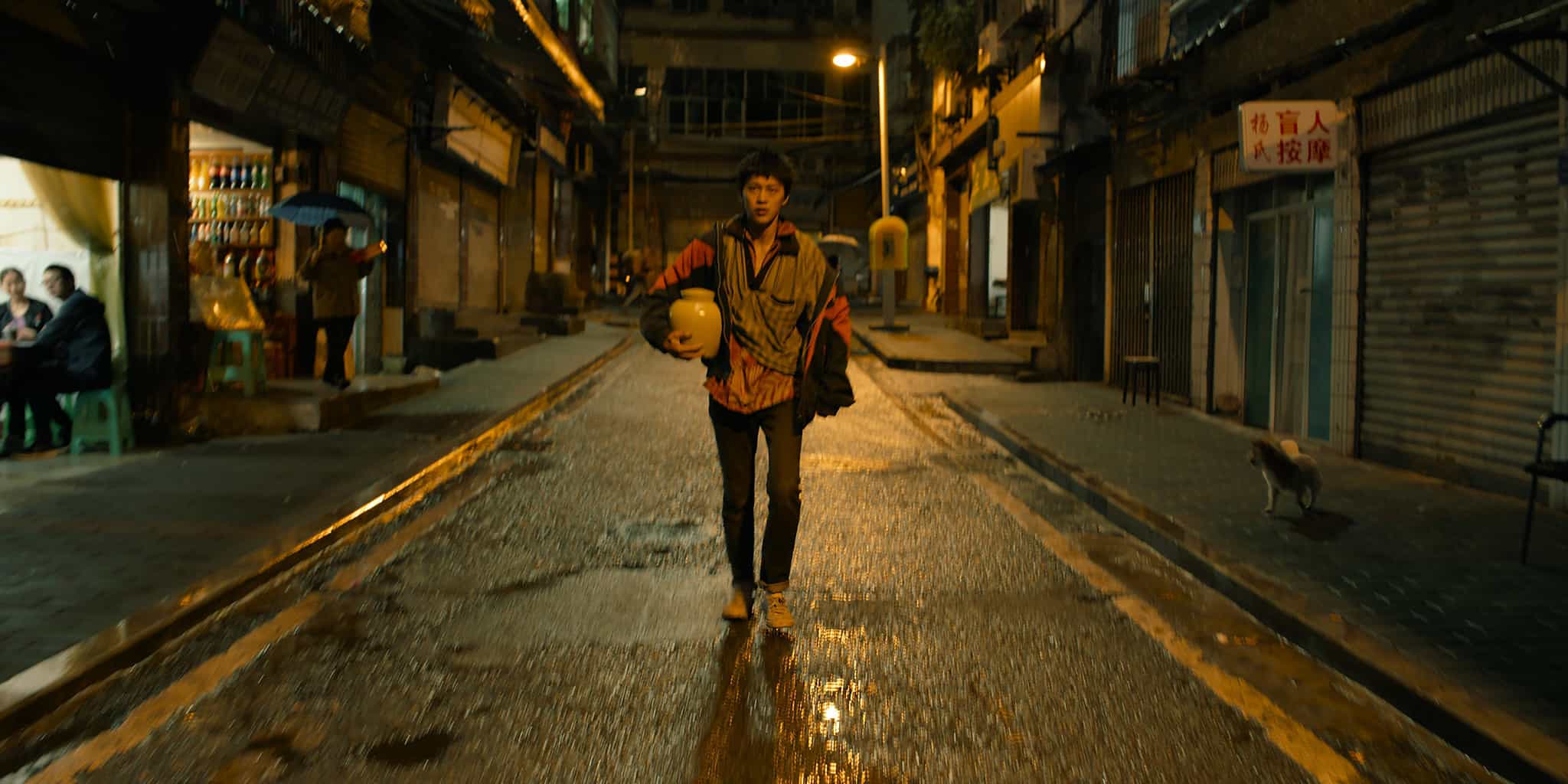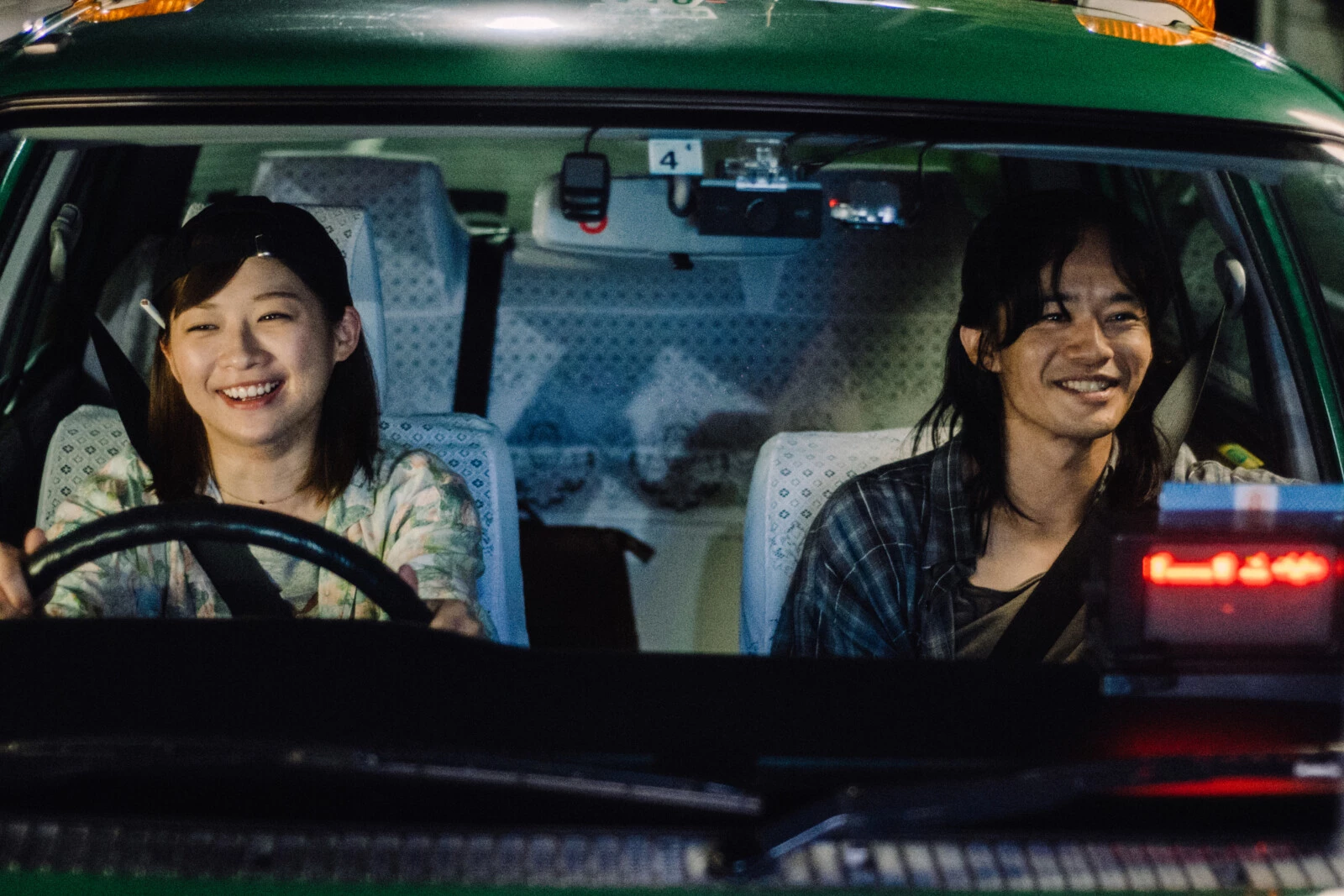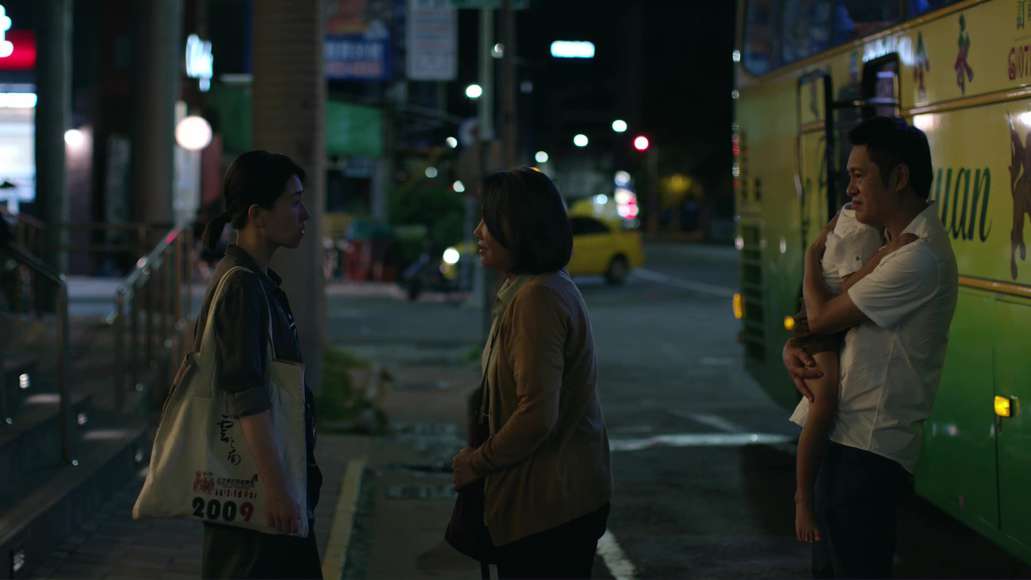Manga adaptations have always been one of the nucleus of the Japanese movie industry, with the trend recently expanding to webcomics. “My Broken Mariko” is one of those titles, which stands out, though, particularly since the characters in the movie are by no means manga-esquelly caricaturish.
My Broken Mariko is screening as part of Japan Foundation Touring Film Programme 2023
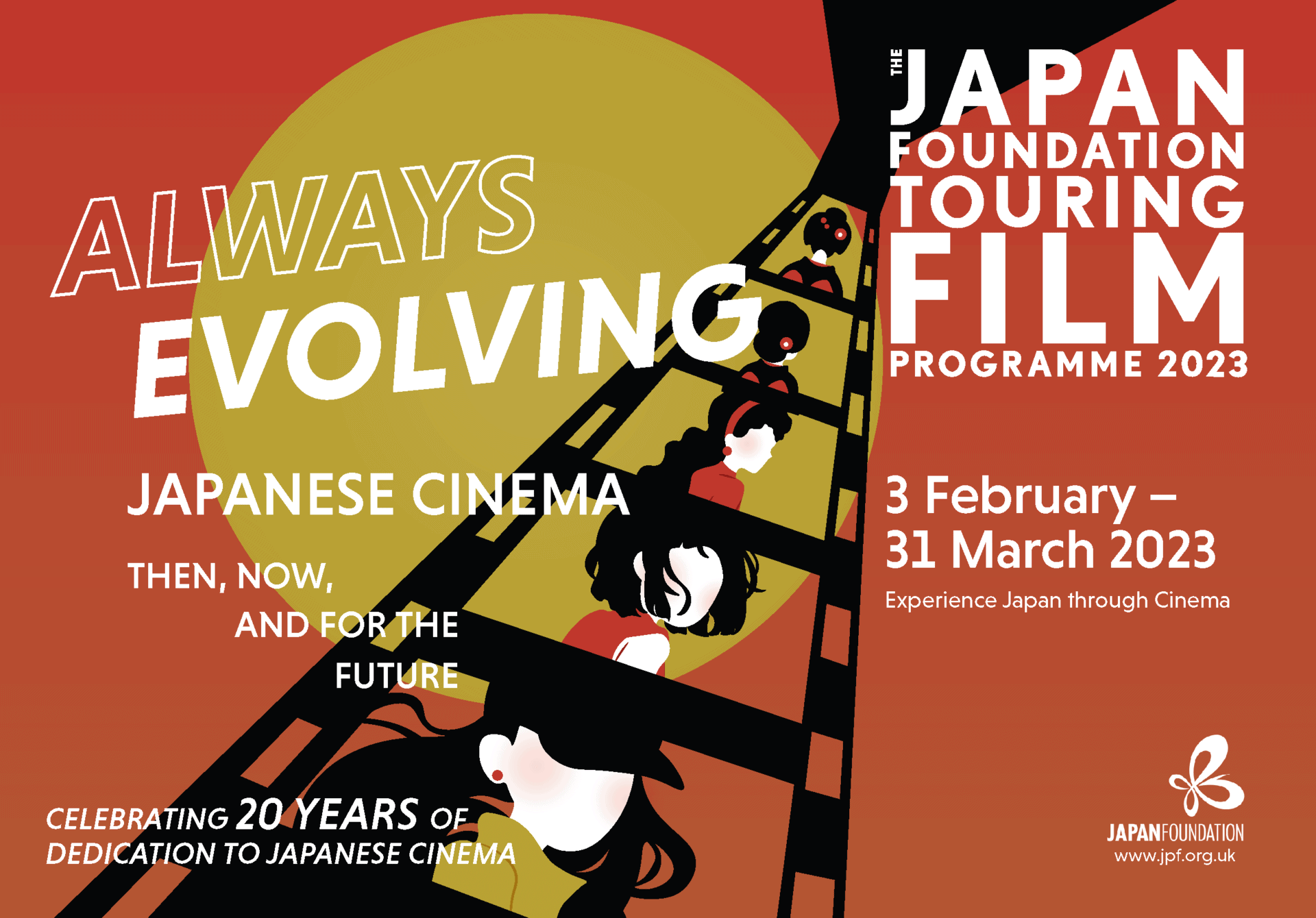
The movie begins with Tomoyo Shino, an officer worker, finding out from the news that her friend Mariko Ikagawa has committed suicide. Her anguish is quite evident, while, through flashbacks, we soon learn of a rather intense friendship that has been going on since childhood, with Tomoyo standing by Mariko who suffered extensive abuse in her father's hands. Eventually, and after a fight with her rather obnoxious boss, Shiino steals the ashes of the deceased from her parent's house and travels to a place by the sea, in an effort to give closure to both herself, and to her best friend. While more flashbacks shed more light to their relationship, Tomoyo also stumbles upon a kind drifter, Makio.
Following a rather melodramatic path, with a few exceptions that come through the interactions with her boss and Makio, Yuki Tanada directs a film that seems to share many similarities with Kiyoshi Kurosawa's “Journey to the Shore”, particularly in the way a woman undergoes a travel in order to comes to terms with her grief. At the same time though, Tanaka's effort differs in a very significant aspect, and that is tension, which actually permeates the narrative for the majority of its duration. Either through the flashbacks that show how Mariko's father destroyed her, or how her love for Tomoyo occasionally became abusively codependent or the many outbreaks Tomoyo herself undergoes, this aspect actually carries the movie for the majority of its economic 85 minutes, along with the quite interesting backstory.
Truth be told, Mei Nagano's loud moments do become somewhat annoying after a fashion, in the usual hyperbole of Japanese actors, but at the same time, she manages to communicate her character's anguish, angst, and anger in a way that definitely benefits the movie, in an overall convincing performance. Some manga moments, particularly during the first part of her arrival in the seaside town are not missing, as in the case of the serial bag-snatcher, but in general, the path Tanaka follows is realistic, something that also benefits the movie. Also of appeal is Nao's acting as Mariko, who presents a truly broken character with artfulness and measure. On the other hand, some of the male characters, as Tomoyo's boss and Mariko's father could have been explored a bit more, although the focus here definitely lies elsewhere.
Futa Takagi's cinematography results in many bleak images, with the help of the lighting and the coloring, which mirror the psychology of the protagonist and the nature of the story fully, while some sequences of self-abuse are truly chilling in their no-punches-pulled presentation. The editing is also quite good, with the many flashbacks being well-placed within the narrative and the mid-tempo fitting the narrative style.
Despite some flaws here and there, “My Broken Mariko” emerges as a unique drama within the Japanese movie industry, and a truly rewarding movie on a number of levels, both contextual and technical.




